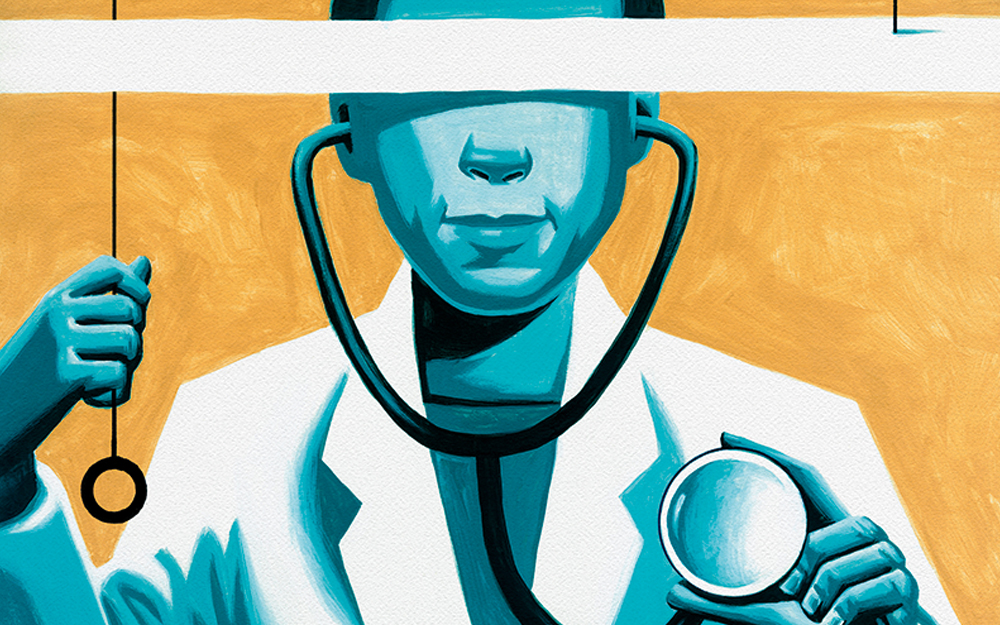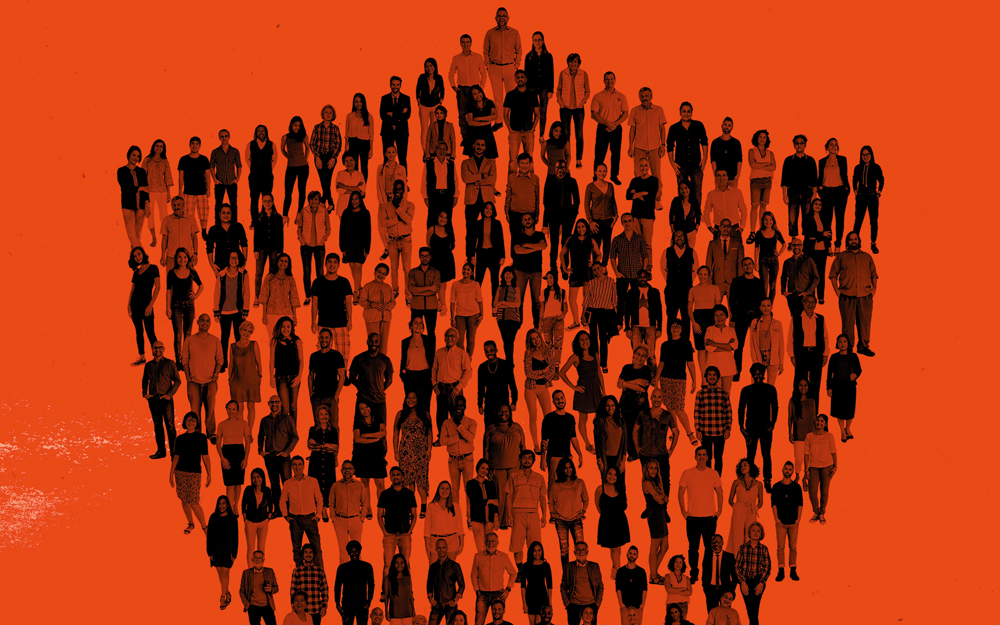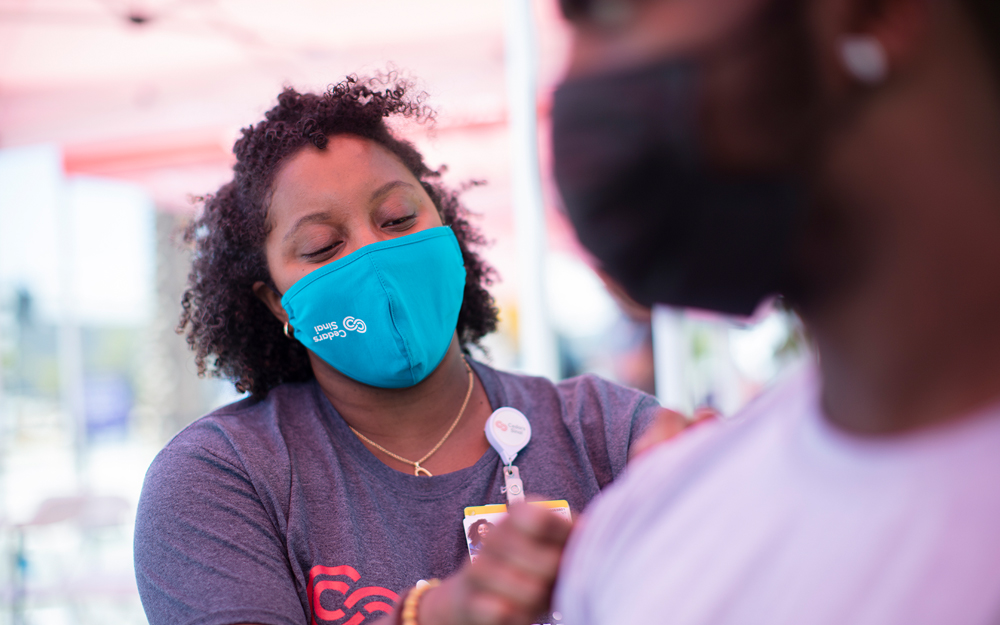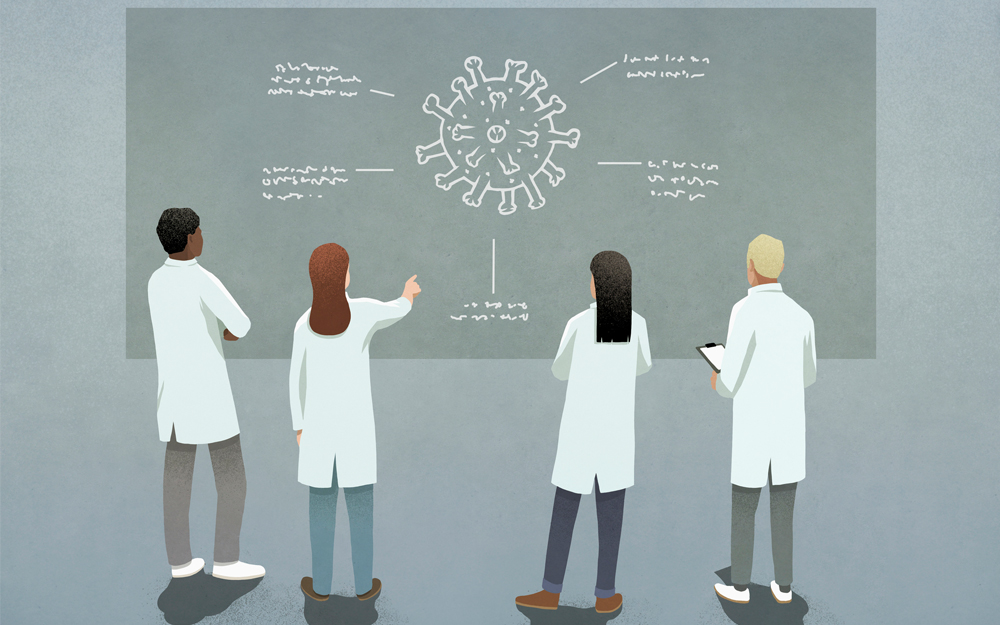Community Health Workers Go Beyond the Exam Room
Date
June 2, 2022
Credits
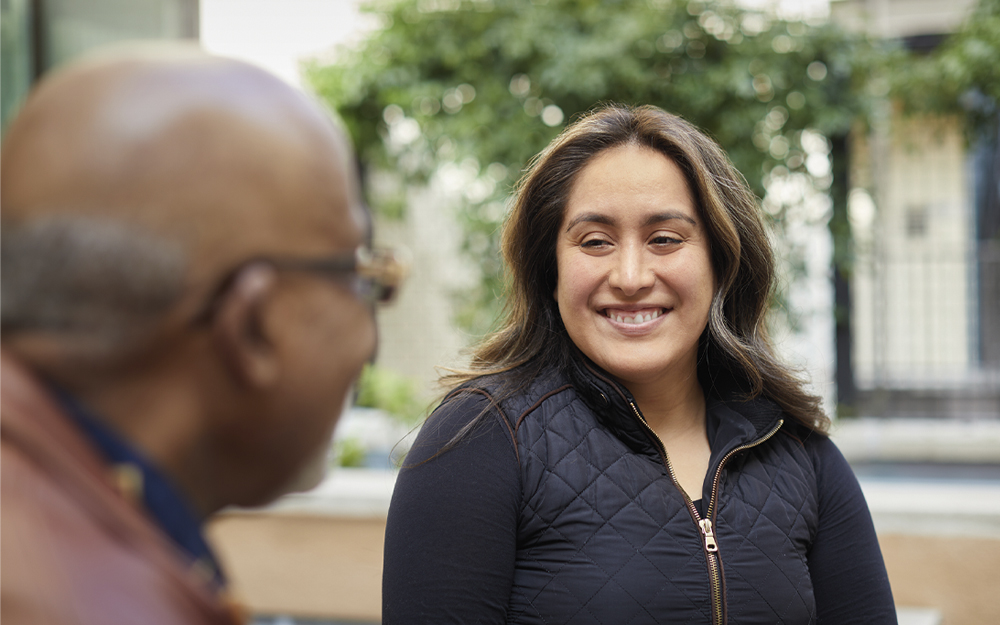
Date
June 2, 2022
Credits
Medical providers featured in this article
In Brief
{{cta-block}}
For more than three months, Caroline Carbajal made weekly house calls to one of her patients: a retired 76-year-old man who had been experiencing panic attacks and increased blood pressure. Her visits revealed that he was also straining to manage mounting bills and facing eviction from his L.A. apartment.
Carbajal isn’t a doctor. She is a community health worker employed by Cedars-Sinai as part of its Community Connect Program. The effort is an innovative response to a growing body of research demonstrating that fundamental life challenges—such as struggles related to housing, food, finances, transportation, substance use or mental illness—have an enormous impact on an individual’s health.
Identifying and addressing social determinants of health is the cornerstone of the Community Connect Program, which aims to screen every Cedars-Sinai patient for 13 social risk factors, says Katie Hren, LCSW, MPH, the program’s manager.
In Embracing Our Community: Cedars-Sinai Connects Patients to Services for Homelessness
When screenings uncover health-related social needs, social workers and nurse care coordinators consult an electronic referral platform powered by findhelp.org to match patients with support services.
“It’s important for treatment teams to be aware of health-related social needs that patients are experiencing because these factors play a pivotal role in one’s health,” Hren says. “Armed with this information, caregivers can provide comprehensive, whole-person care.”
Carbajal’s work is part of a Community Connect Program pilot initiative evaluating the effectiveness of assigning community health workers like herself to vulnerable patients to connect them with long-term assistance.
Ultimately, Carbajal helped establish a relationship between her patient and two local nonprofits that provide ongoing food assistance as well as mental health and financial services. As a result, he avoided eviction and paid his bills; his panic attacks subsided and blood pressure stabilized.
As a thank you, the man gave Carbajal a bow-accented houseplant. She pointed out an even better gift for them both: “He learned how to advocate for himself.”
